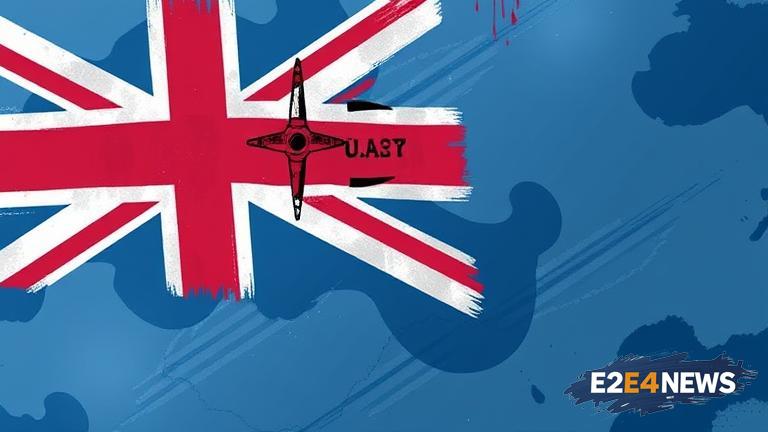The UK government has recently unveiled an ambitious plan to bolster its defense capabilities, driven by the increasing complexity of global security threats. This move is seen as a strategic response to the evolving nature of modern warfare and the need to protect national interests. The plan outlines a series of measures aimed at enhancing the UK’s military capabilities, including investments in cutting-edge technology, personnel training, and infrastructure development. A key aspect of the plan is the integration of advanced technologies, such as artificial intelligence and cybersecurity tools, into the UK’s defense systems. This is expected to significantly improve the country’s ability to respond to emerging threats. Furthermore, the plan emphasizes the importance of international cooperation, highlighting the need for collaborative efforts with allies to address shared security challenges. The UK’s defense strategy is also focused on building resilience against non-traditional threats, including terrorism and cyberattacks. To achieve these goals, the government has committed to increasing defense spending, ensuring that the UK’s military remains equipped to face the challenges of the 21st century. The plan has been welcomed by defense experts, who see it as a necessary step towards ensuring the UK’s national security in an increasingly uncertain world. However, some critics have raised concerns about the potential costs and the impact on other public services. Despite these concerns, the government remains committed to its vision of a strong and capable defense force. The UK’s defense industry is also expected to play a crucial role in the implementation of the plan, with many companies set to benefit from the increased investment in defense capabilities. As the global security landscape continues to evolve, the UK’s plan to enhance its defense capabilities is seen as a proactive step towards addressing the challenges of the future. The government has also emphasized the importance of maintaining a strong and effective defense force, capable of responding to a wide range of scenarios. This includes the ability to conduct military operations, provide humanitarian assistance, and support international peacekeeping efforts. In addition to its military aspects, the plan also highlights the need for a comprehensive approach to defense, incorporating elements such as diplomacy, development, and economic cooperation. The UK’s defense strategy is closely aligned with its national security objectives, which prioritize the protection of citizens, the promotion of stability, and the advancement of national interests. The plan has been developed in consultation with a wide range of stakeholders, including defense experts, industry leaders, and international partners. The government has also committed to regular reviews and updates of the plan, ensuring that it remains relevant and effective in the face of changing security challenges. Overall, the UK’s plan to boost its defense capabilities is a significant development, reflecting the country’s commitment to national security and its role as a responsible global actor. The plan is expected to have far-reaching implications, both for the UK and its international partners, as the world navigates an increasingly complex and uncertain security environment. With its emphasis on advanced technology, international cooperation, and comprehensive security, the UK’s defense strategy is well-positioned to address the challenges of the 21st century. The government’s commitment to increasing defense spending and investing in the UK’s military capabilities is a clear indication of its determination to ensure national security. As the plan is implemented, it will be important to monitor its progress and assess its impact on the UK’s defense capabilities and national security. The UK’s defense industry is expected to play a vital role in supporting the implementation of the plan, with many companies set to benefit from the increased investment in defense capabilities. The plan has been welcomed by many as a necessary step towards ensuring the UK’s national security, and its implementation will be closely watched by defense experts and international partners alike.





